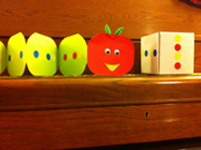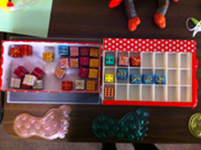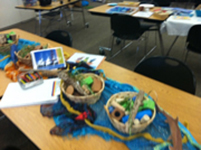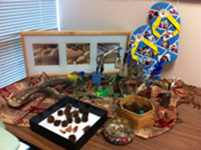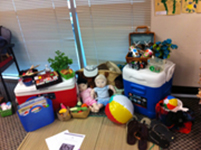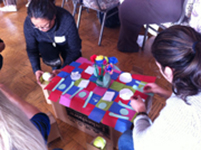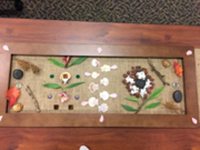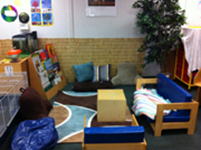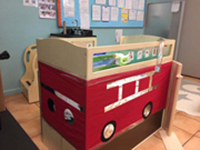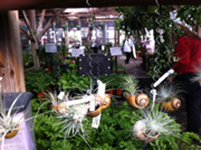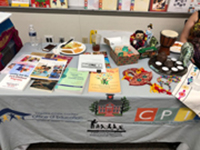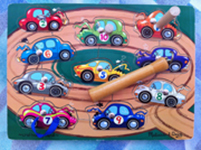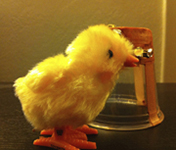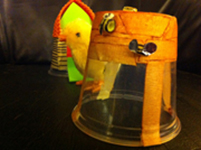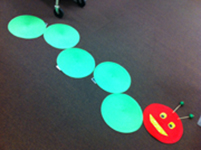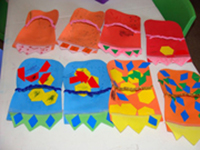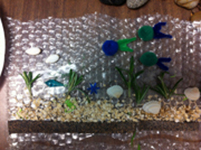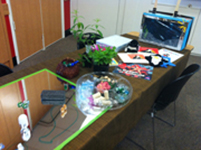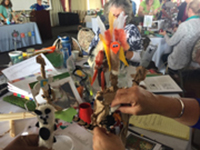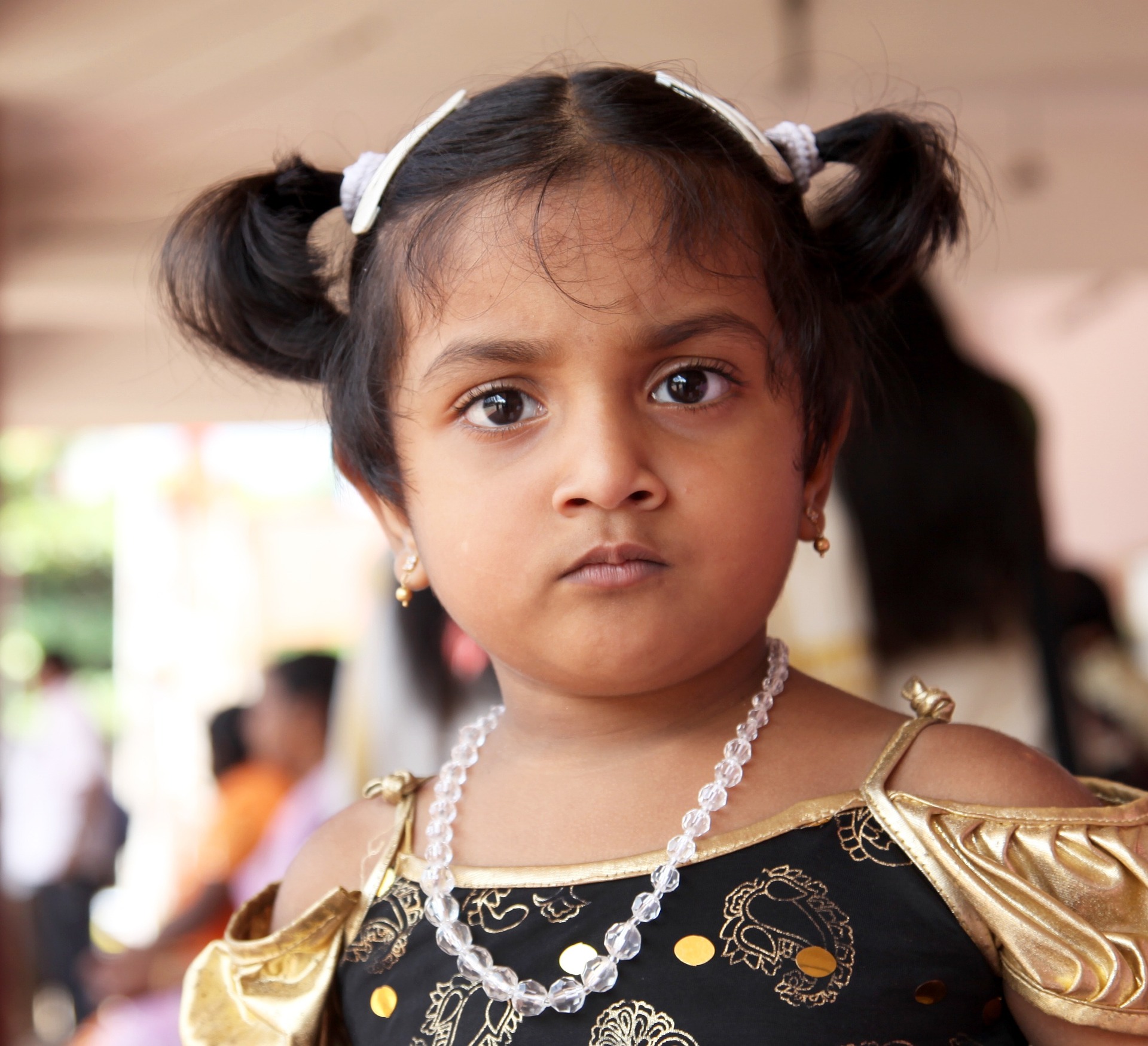Dual and Multilingual Children who speak a different language or languages at home than they speak in their care and/or education setting are a unique set of learners. The evidence supports the fact that they often have more flexible thinking and problem solving skills, among other strengths and that there are some predictable phases of language acquisition.
At each stage there are ways in which the adults can play a key role to support the child's progression.
Research also indicates these children benefit from exposure to particular teaching strategies that honor their home languages and cultures, as well as utilizing interactive, Universally Designed for Learning approaches. In this workshop we explore both theory and practice related to helping Dual and Multilingual children learn and develop through joyful and engaging activities.

